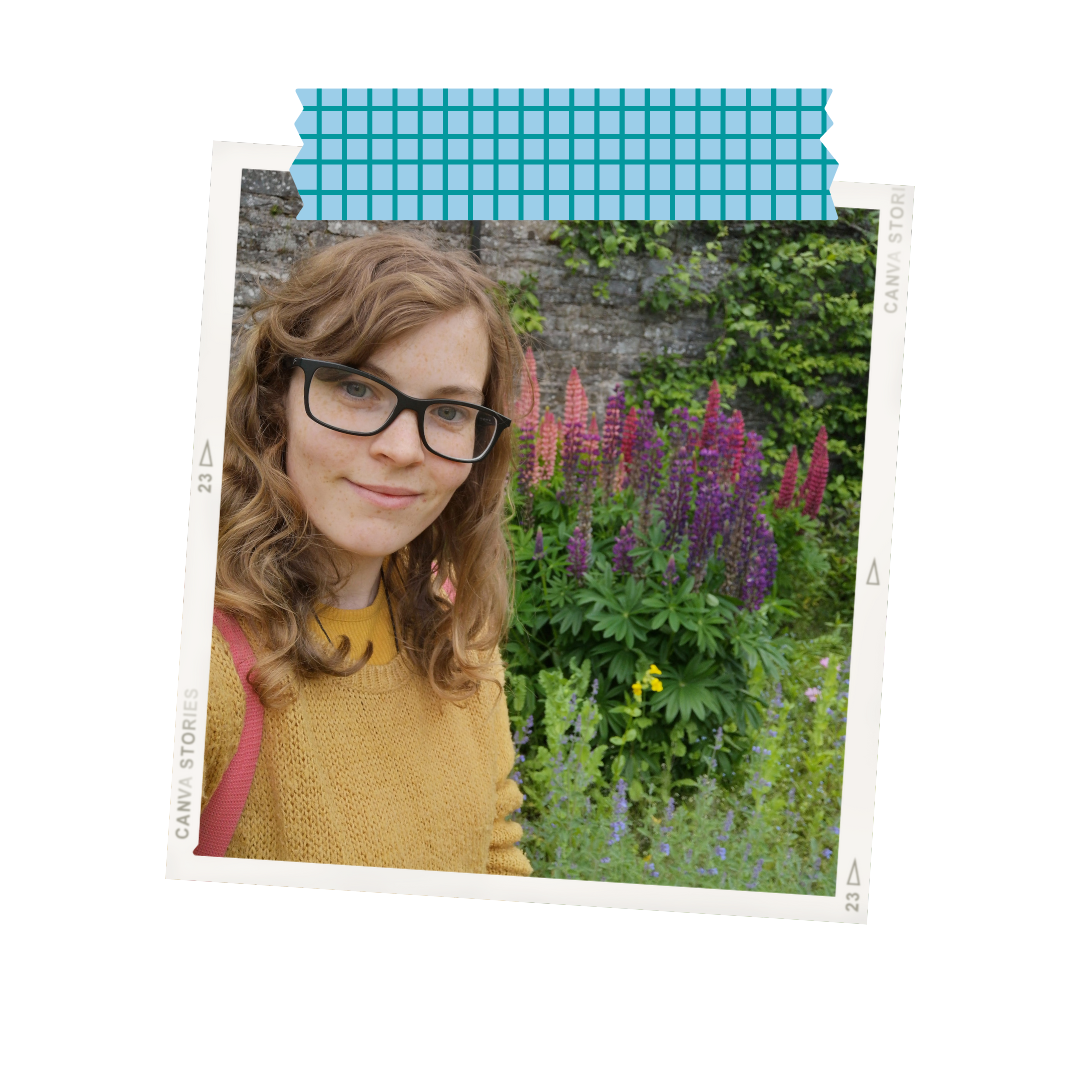
Hello! I’m Daisy Shearer and I am a Physics PhD student based at the Advanced Technology Institute. Before my PhD, I was an MPhys student here at Surrey. In the final year of my degree, I was diagnosed with autism spectrum disorder and have been heavily involved with the neurodivergent community since. I am also the founder of ‘Neurodivergent in STEM’ — a project which sheds light on the stories of neurodivergent people in STEM fields — and the founder of the University of Surrey Neurodiversity Network.
My autism diagnosis was a turning point in my life. It was the first time I realised that not everyone experiences the world in the same way as me. Up until then, I thought I was weak and useless for getting tired so easily and being overwhelmed by things as simple as basic household and self-care tasks. Framing my life in terms of me being autistic explained everything that I never understood about myself. It allowed me to start the long journey to self-acceptance and self-compassion. My diagnosis also meant I started accessing support from the wonderful Disability and Neurodiversity team who support me to this day.
I’m now more in tune with my mind and body, allowing myself to ‘unmask’ more when I feel safe to. This can mean not looking someone in the eyes when I’m talking to them or stimming freely when I am understimulated or overwhelmed. But I still have many challenges to overcome as being autistic within our current society can be disabling. I hope that through education on this topic we can move towards celebrating neurodiversity.
The theme of my student curation project is ‘Navigating Neurodiversity’. Since my diagnosis, reading about the experiences of other neurodivergent people from a range of different backgrounds and identities has helped me feel closer to the community and given me more insight into how my own brain works. Through this reading list, I hope that others can learn from the stories of neurodivergent people and better understand those of us with different brains.
I think that it’s so important to take an intersectional approach when it comes to equity in education, the workplace, and life in general. Recognising that everyone is different and we’re not homogeneous, whether neurodivergent or not, helps us empathise with others and provide appropriate support. I believe that this is the only way we can achieve equity in society.
As well as blogging throughout the week, I’ll be taking over the library Instagram where I’ll be hosting a Q&A so head over to @surreylib if you want to join in the conversation and ask me anything!
You can also read about neurodiversity at Surrey on the Neurodiversity at Surrey blog.
